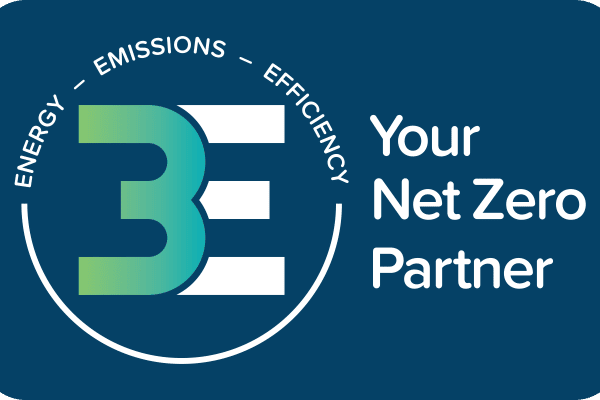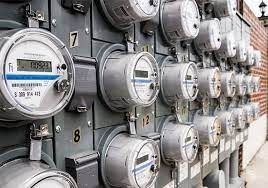A coalition of major industry bodies has called on governments across Australia to ‘get smart’ in the push towards net zero emissions by making smart energy investments – in energy efficiency, renewable energy, and demand management – in government facilities.
The Australian Sustainable Built Environment Council, Energy Efficiency Council, Green Building Council of Australia and Property Council of Australia released a new report that sets out how governments can slash emissions while strengthening the budget bottom line by focusing on smart energy management.
Energy Efficiency Council CEO Luke Menzel said the time was right for governments to lead by example in pursuit of net zero.
“All levels of government are backing in net zero emissions by 2050. Some state governments have ambitious 2030 targets. However, governments still have a huge opportunity to lead by example, cutting energy waste, saving taxpayer dollars and slashing emissions through smart energy management.
There are big opportunities for energy performance improvements in schools, hospitals and other public facilities right around the country. But without focus, and follow through from government, they will get left on the table,” said Menzel.
The report – Smart energy management in government operations – finds that governments can reduce energy use in facilities by 30 per cent or more and outlines the steps governments need to take to scale up energy management programs in their own operations, saving hundreds of millions of dollars each year.
Ecosave Group Managing Director, Robin Archibald said that governments can achieve significant energy savings and performance improvements with minimal risk if the right delivery model is used.
“Energy Performance Contracts and other performance-based service agreements are typically favoured by governments because it incentivises the solutions provider to maximise energy savings within a given return on investment criteria. They also provide a savings guarantee which offers assurance that certain project outcomes are achieved”.
“We have noticed that more and more organisations are undertaking pilot projects at representative sites as a way of minimising risk and validating the feasibility and ROI of the delivery model before scaling up to their wider portfolio” – Archibald added.
By working with a performance-based energy services provider (ESCO), governments can implement a wide range of innovations in energy efficiency and smart energy management in government operations.
Prof. Ken Maher AO, President of the Australian Sustainable Built Environment Council, said government leadership is crucial. “Governments have a huge opportunity to lead in this space and send a clear signal to industry by demonstrating what’s achievable. This is the kind of leadership we need to achieve our decarbonisation commitments.”
Davina Rooney, CEO of Green Building Council of Australia, said governments have the opportunity to take early action to reduce emissions this decade. “If we’re going to hit our net zero target for 2050, that means we need net zero operational emissions in buildings by 2030. That’s why a guide like this is so important in providing the ‘how’, now that we’ve all agreed on the ‘why’.”
Ken Morrison, Chief Executive of the Property Council of Australia, said driving energy efficiency improvements in government operations is fundamental to governments achieving their net zero aspirations: “Walking the walk within the property space that government occupies is so important, and energy efficiency is the foundation.”
Download the Smart energy management in government operations guide here
Ecosave has firsthand experience of delivering energy use reductions in facilities achieving reductions of between 30-50% and would welcome the opportunity to help your organisation optimise your energy use and be a leader in the pursuit of net zero. Start now by Connecting with our Net Zero Experts or calling us on 1300 55 77 64





